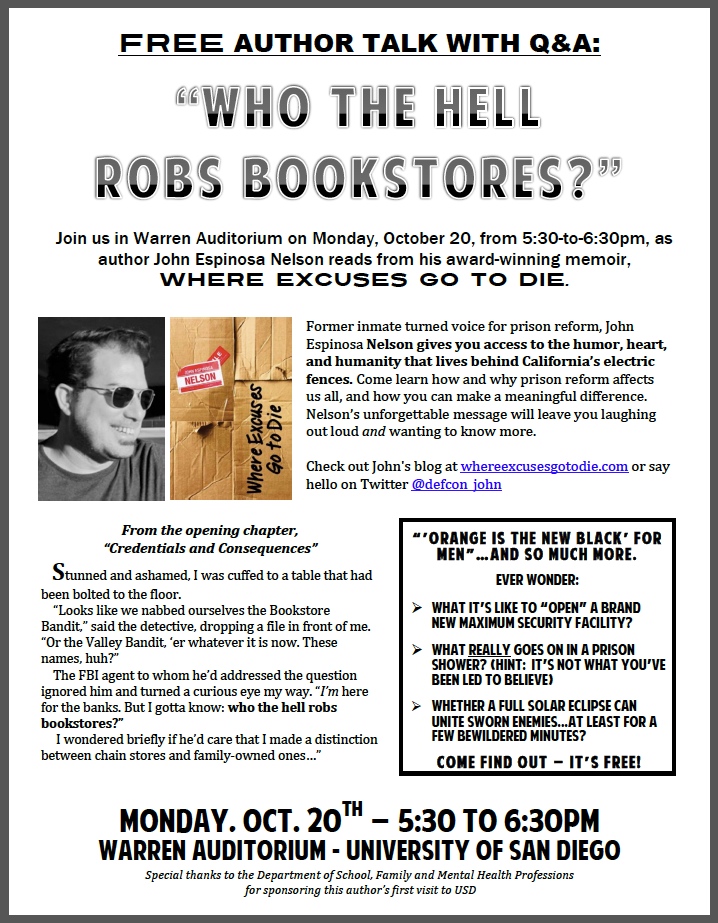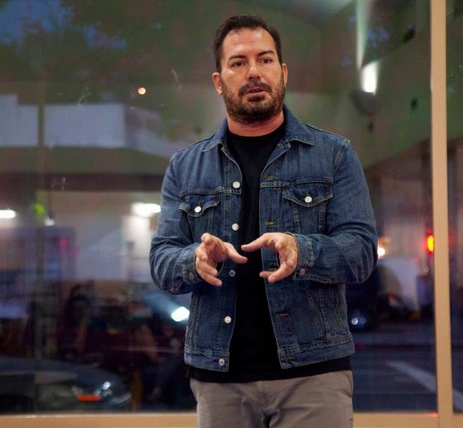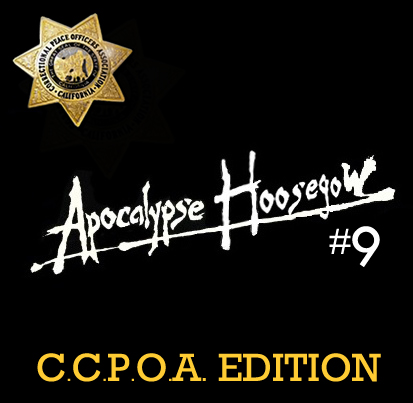I abhor the pretend comfort of gyms. My alternative is much worse.
 Weekday mornings, my wife and I are up at 5:50, wishing we could hide behind our excuses. Our destination is a nearby gymnastics academy, where we attend workout classes that are held before the facility opens for training. The hour-long sessions are similar to those at other fitness bootcamps, yet ours seems to lack an expectation of polite behavior – and that works for us just fine. We sneer at the uniformity, the schadenfreude, and the peacockish know-nothings that inhabit the world of franchise fitness.
Weekday mornings, my wife and I are up at 5:50, wishing we could hide behind our excuses. Our destination is a nearby gymnastics academy, where we attend workout classes that are held before the facility opens for training. The hour-long sessions are similar to those at other fitness bootcamps, yet ours seems to lack an expectation of polite behavior – and that works for us just fine. We sneer at the uniformity, the schadenfreude, and the peacockish know-nothings that inhabit the world of franchise fitness.
Kooks of a different stripe are the smart-asses our alternate choice tends to attract. We get misfits, irregulars, and the godless.
Fitness buzzwords and cheerful slogans don’t get thrown around our class, but insults, gripes, and taunts certainly do. Some of us do manage to refrain from using the word “retard,” which is interesting, because as ethnically, culturally, and socially diverse as we are, it’s the only taboo word no one seems willing to reconsider. And nothing beats “fatso” for the most commonly heard.
And it’s still better than a gym membership. Read more



